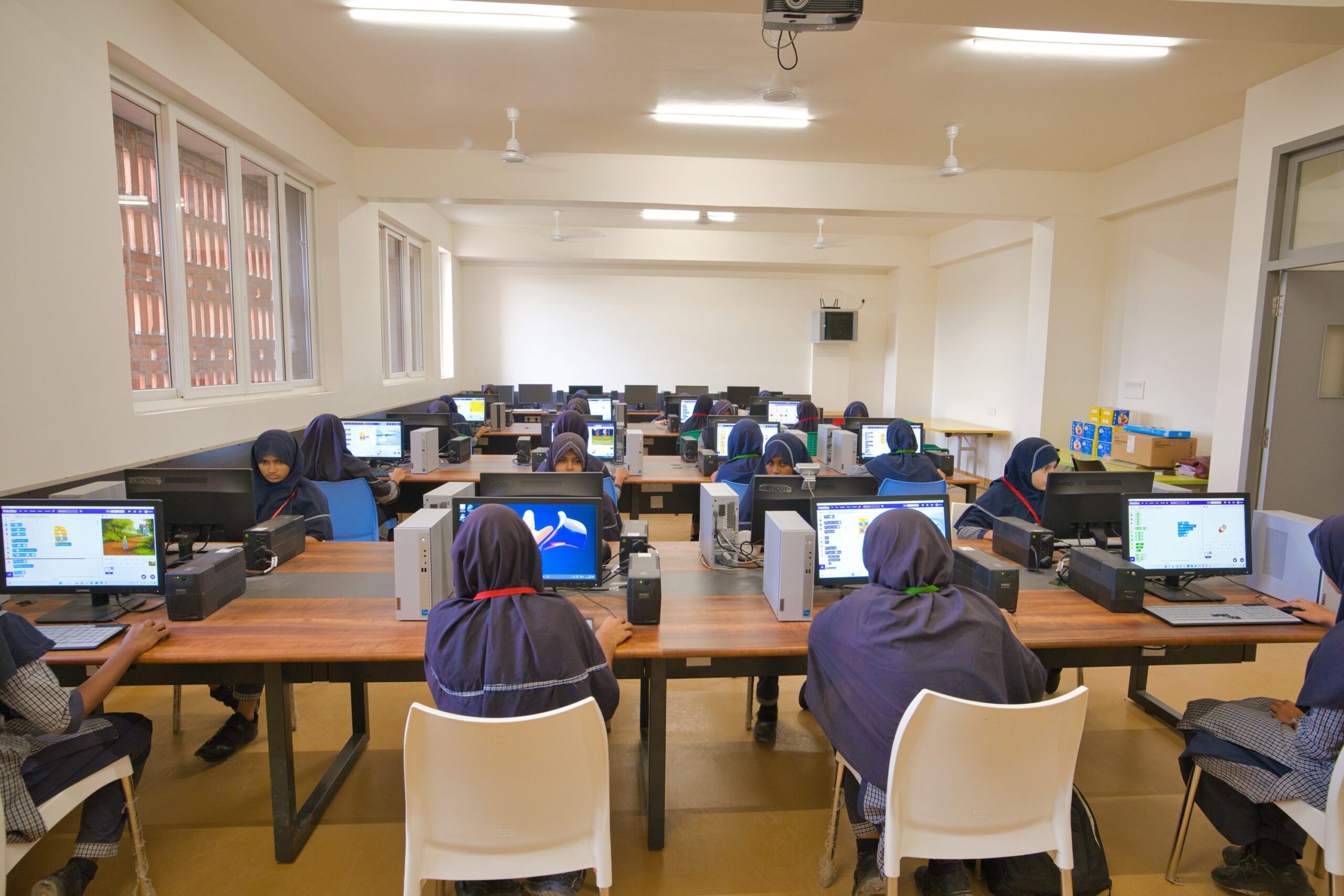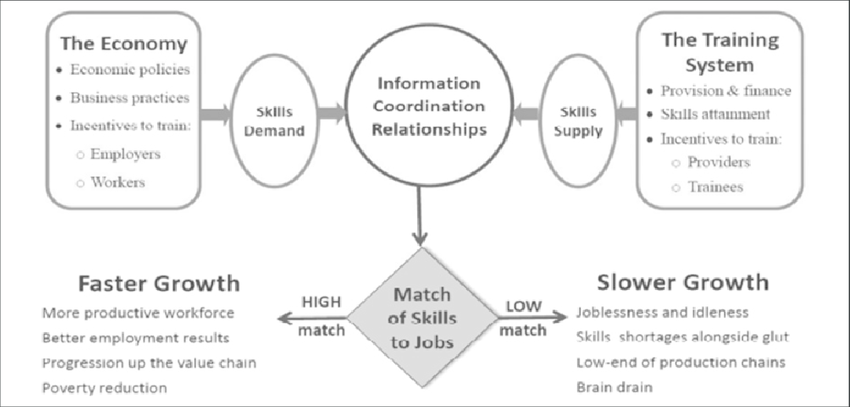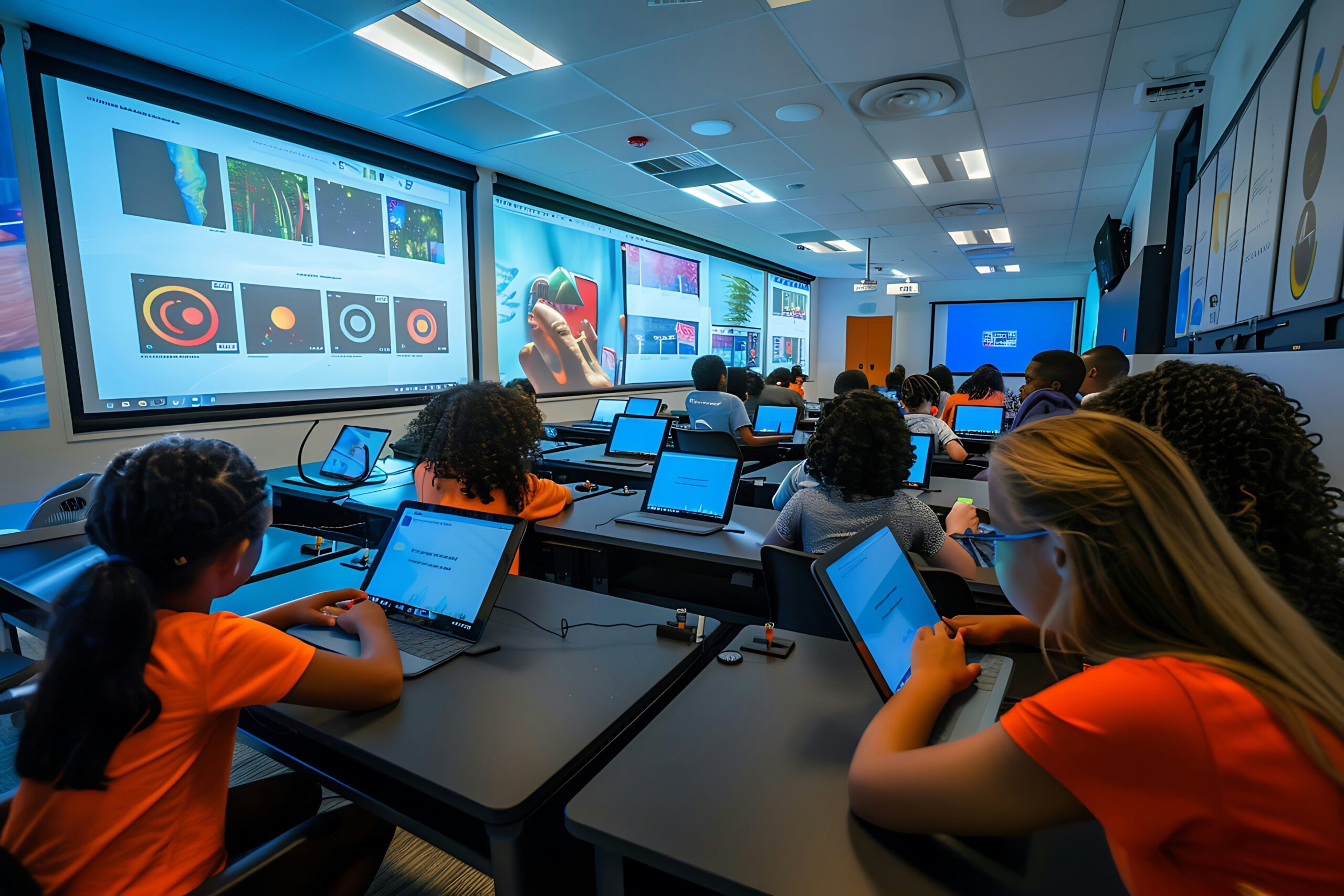In today’s rapidly evolving world, access to quality STEM (Science, Technology, Engineering, and Mathematics) education is no longer a luxury—it’s a necessity. Yet across many parts of Africa, millions of students are being left behind, not due to a lack of intelligence or ambition, but because they simply don’t have the tools.
They are taught to memorize chemical equations, but have never seen a beaker or test tube. They study physics from textbooks filled with diagrams, but they’ve never held a circuit board or seen a magnet levitate a coil. This is the day-to-day reality in Dodoma, Tanzania, where ECO STEM Africa is building a new model for STEM equity and transformation.
If we’re serious about empowering communities, bridging opportunity gaps, and solving the continent’s biggest challenges—climate change, food security, health innovation—it all starts with a simple question:
Where are the labs?
The STEM Education Gap in Dodoma: A Story Too Familiar
Dodoma is more than Tanzania’s political capital—it’s a window into the deep systemic inequalities affecting science and technology education across the country.
In 2024, national education data revealed an alarming trend:
- 81% of Tanzanian students failed mathematics
- Over 50% failed physics
These numbers are especially striking in public schools, where infrastructure is poor, and resources are scarce. In Dodoma, most schools either do not have functional science laboratories at all, or operate with outdated, broken, or incomplete equipment.
In many classrooms, teachers demonstrate experiments using chalk and talk—drawing setups on the blackboard, hoping students can mentally visualize how reactions or forces might behave in real life. This method not only fails to ignite curiosity, it reinforces a passive, exam-driven culture where students study to pass, not to understand.
Worse still, teachers often lack the opportunity for hands-on training themselves. Without consistent exposure to lab-based pedagogy, many educators struggle to bridge the gap between theory and practice, even when the will is there.
So, Why Do Local Labs Matter?
1. They Bring Science to Life
Textbooks can explain Newton’s laws, but only a lab can show how they work. Local labs give students the chance to touch, test, and try—turning passive learning into hands-on discovery.
2. They Close the Access Gap
Not every school can afford to build a full science lab. But shared, community-based labs give more students—especially in public and underserved schools—a fair shot at quality STEM education.
3. They Help Teachers Teach Better
Let’s not forget the educators. Local labs double as training hubs where teachers can sharpen their skills, experiment with new tools, and teach with more confidence and creativity.
4. They Unlock Innovation in Local Communities
When students understand STEM through real-world application, they start solving problems around them—like improving farming tools, designing clean water systems, or building solar-powered devices. That’s not just education. That’s transformation.
The Dodoma Lab Project: Building the Future, One Lab at a Time
ECO STEM Africa, in partnership with the Tanzania STEM Association (TSA), is leading a bold new initiative to establish five fully functional community science and technology labs across Dodoma.
These labs will feature:
- Refurbished scientific equipment sourced through sustainable, circular models
- Solar-powered infrastructure to ensure consistent operation even in off-grid areas
- Climate-responsive designs for heat management and energy efficiency
- Inclusive learning spaces tailored to support girls, students with disabilities, and underrepresented groups
But this project is about more than equipment. It’s about building a holistic ecosystem:
- Teachers trained and supported
- Communities engaged and empowered
- Students inspired and equipped to create change
Dodoma is our pilot. But the blueprint is scalable—from regional expansion in Tanzania to replication across other African countries.
A Sustainable, Circular Model That Tackles E-Waste Too
One of the unique aspects of ECO STEM’s approach is how it ties into the global effort to reduce electronic waste (e-waste). Every year, Africa receives massive shipments of used electronics—much of it non-functional, unrepairable, and environmentally damaging.
Our model addresses this challenge head-on. By:
- Sourcing and refurbishing usable equipment from universities and tech firms
- Training local technicians to restore and maintain tools
- Ensuring that labs are not only functional but sustainable
We reduce waste, create jobs, and extend the lifecycle of valuable equipment—aligning perfectly with SDG 13 (Climate Action) and SDG 12 (Responsible Consumption and Production).
Want to Get Involved?
Whether you’re an individual, organization, or company, there’s room for you to be part of this journey.
You can:
- Sponsor a STEM Lab
- Donate refurbished equipment
- Support teacher training programs
- Partner with us on a national or regional level
Every contribution brings us one step closer to a future where no student is left behind because of where they live or what their school can afford.
→ Visit our website to get involved or learn more.




